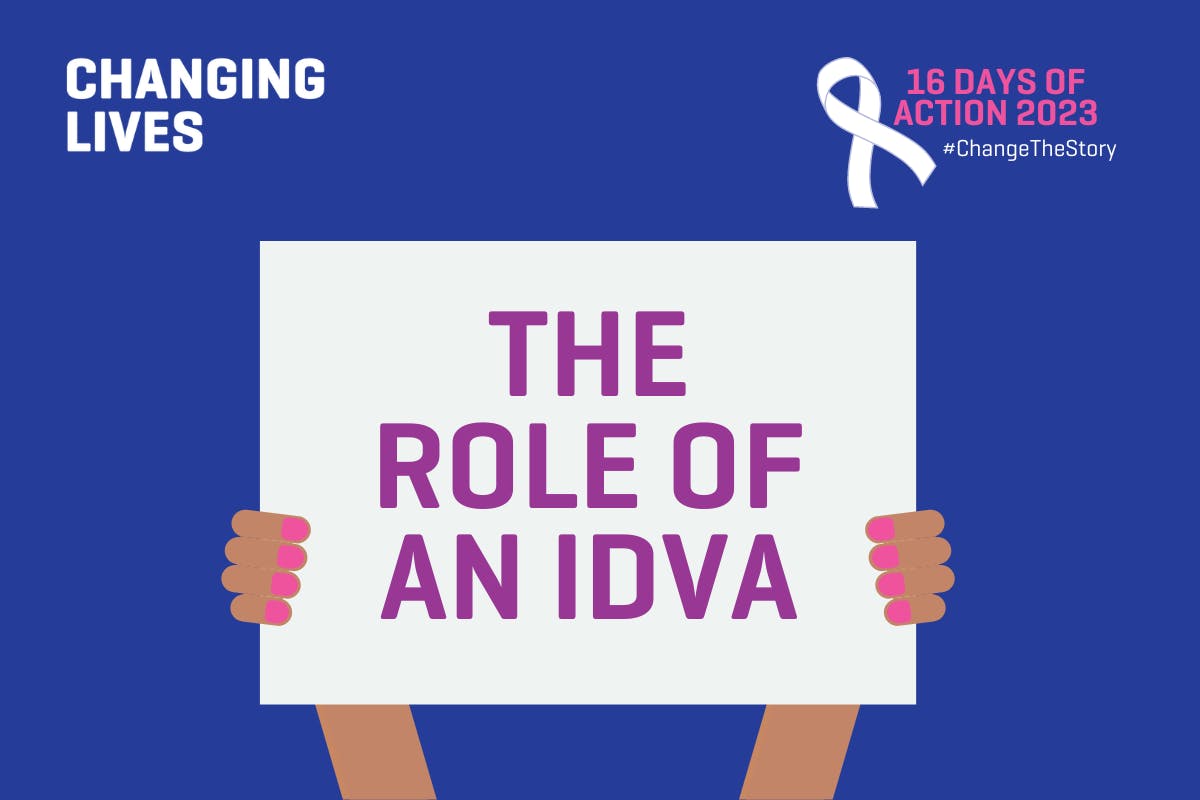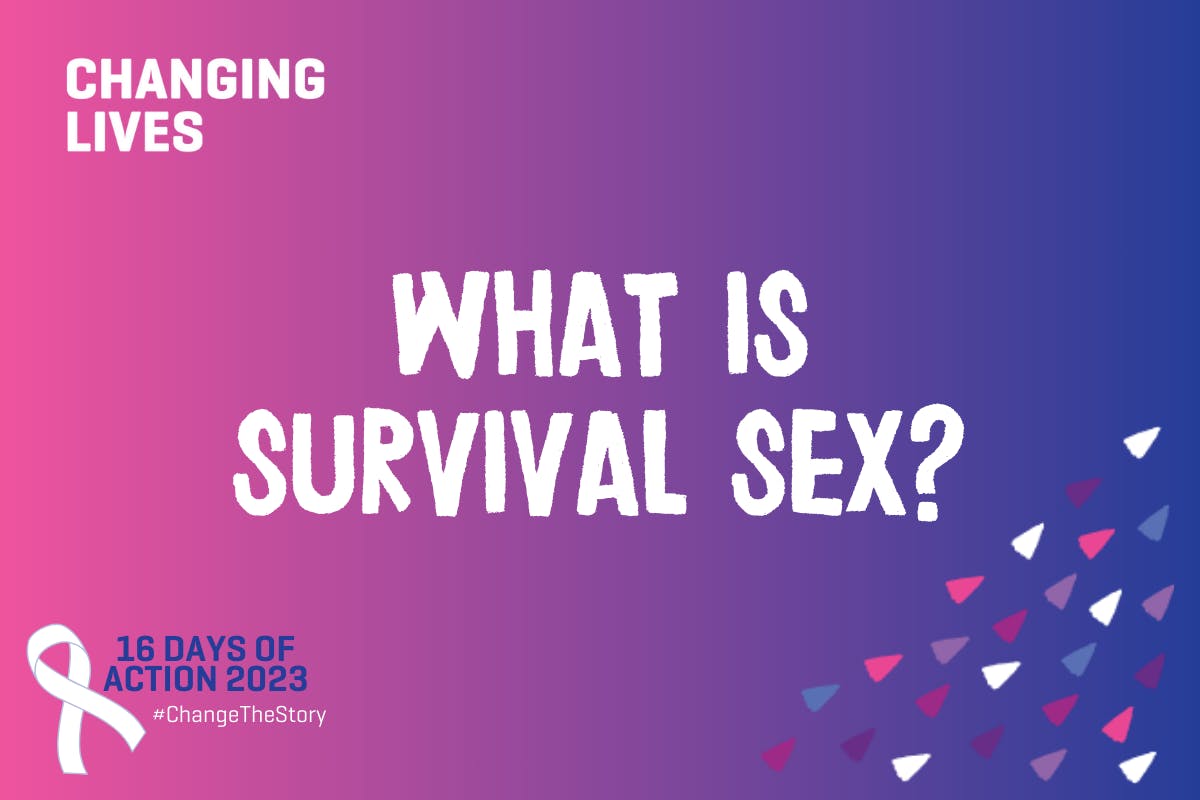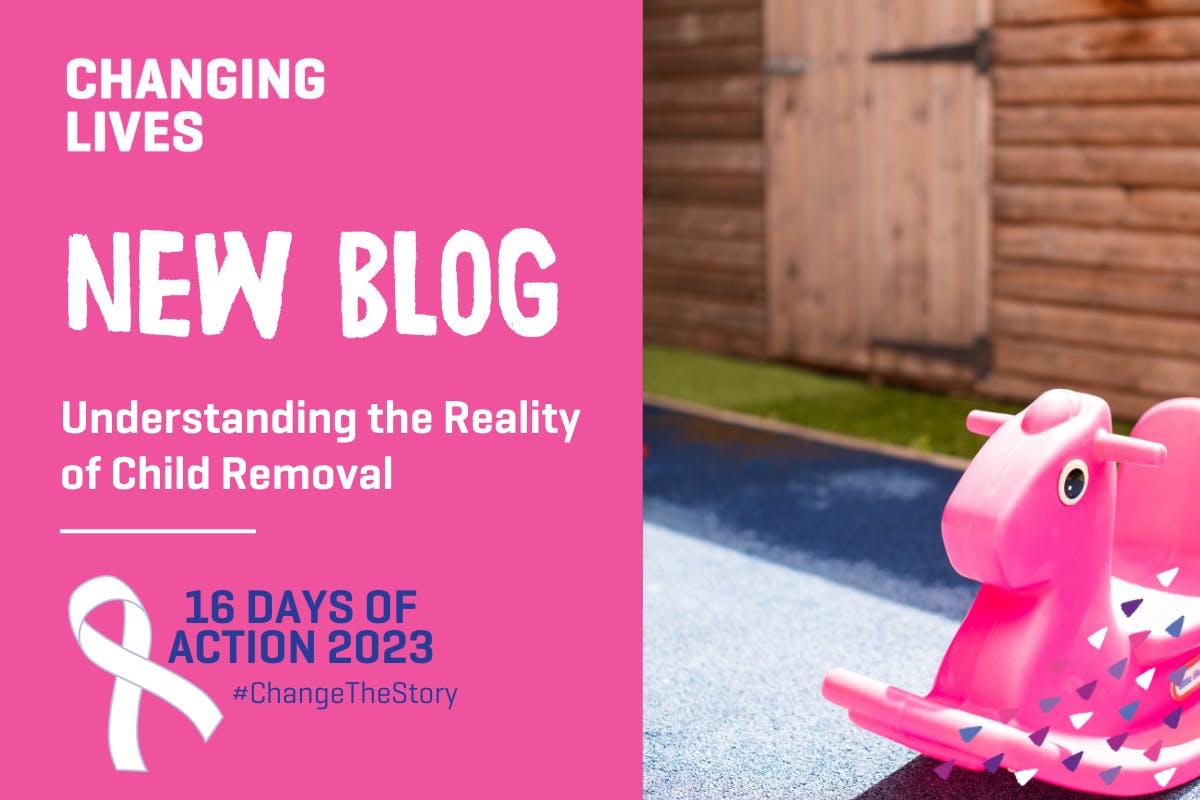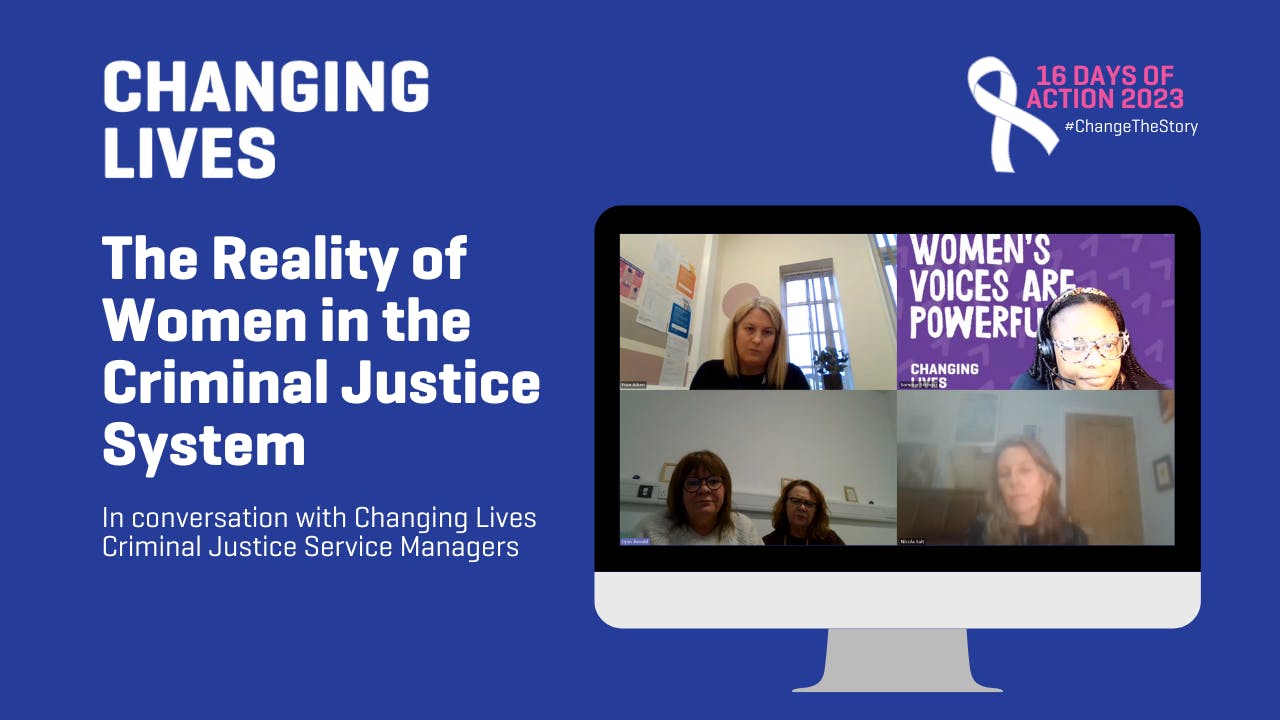On Day 13 of the 16 Days of Action, Red Umbrella Service Manager Sarah Clarke breaks down how gendered stigma affects the support that women with multiple unmet needs receive, and where professional attention should be focused to #ChangeTheStory.
Our Women and Children’s service help women and girls achieve more. We work in communities and from specialist centres tailored provide tailored support in safe non-judgemental spaces.
At Red Umbrella, we support women who are experiencing sexual exploitation, survival sex and sex work. We often find that this group of women face systemic and gender-based stigma.
Across the world many women and girls still face discrimination based on their sex and gender. Gender inequality underpins many problems which disproportionately affect women and girls such as domestic and sexual violence. Gender bias and social norms are the root causes of gender inequality and restrict women’s rights and opportunities in society.
At Red Umbrella, we support women using our Changing Lives model Being, Becoming, Belonging Beyond alongside the Police Harm Reduction Compass.
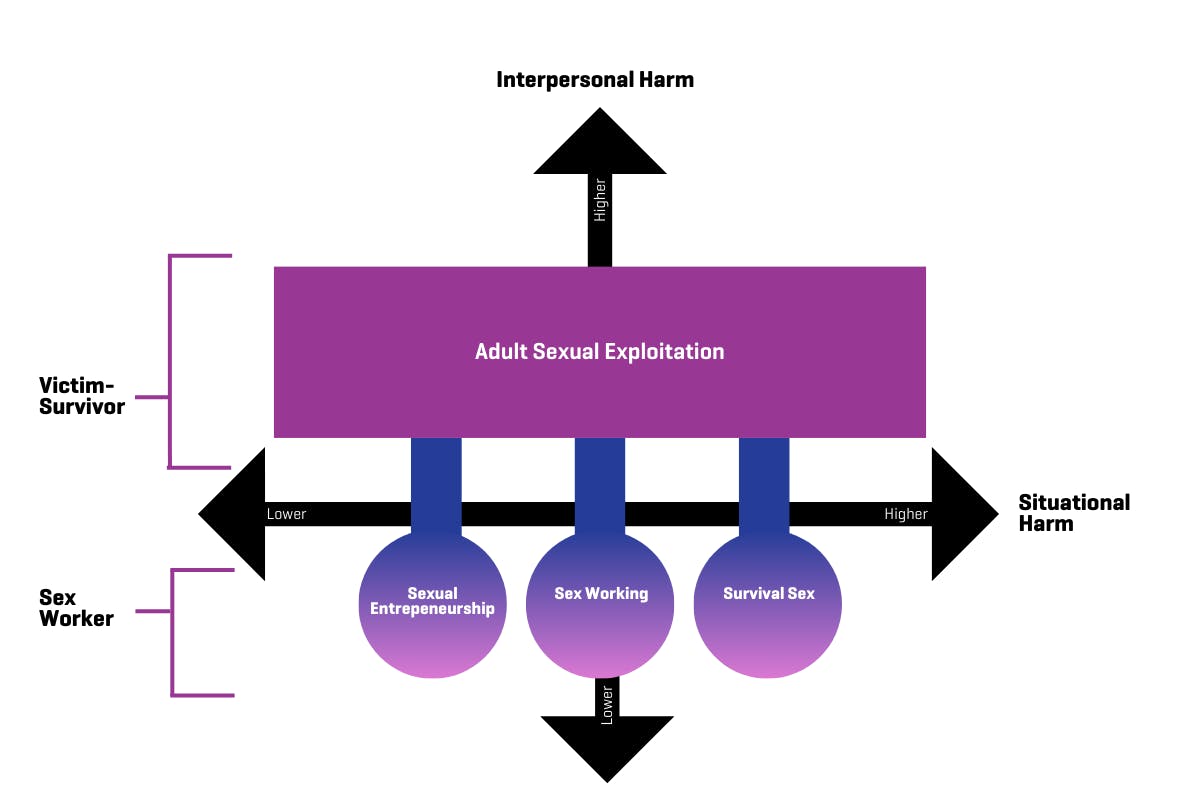

Within our daily work, the issues linked to stigmatisation we see are vast. If we were to take a glance at the stigma associated with sex work, we can see that there is extensive research and campaigns that focus on the stigma attached to sex work. The media play a big part in reinforcing such stigma. Survival sex often receives the same stigma as sex work, however this is massively misunderstood with survival sex being very different.
For both sex work and survival sex, a lot of the stigma is conceptualised around the shame of selling or exchanging sex as we are led to believe this is going against the expectations of perceived gender norms.
At Changing Lives, we have a huge policy push on adult sexual exploitation recently heard in parliament where we provided suggested amendments to the Victims Bill. This is because currently there is not a statutory definition of Adult Sexual Exploitation, yet there is for Child Sexual Exploitation.
Very often what happens is when a child is a victim of sexual exploitation (CSE) and they reach the age of 18 – the legal age you can become a sex worker – there becomes a huge negative language shift by professionals, which can also impact on the person themselves to believe this concept to be true. We understand this as systemic stigma.
The risks of systemic stigma are further systemic failings that we have seen and continue to see nationally. To date, we have endless sexual exploitation serious case reviews highlighting similar failings nationally around this form of abuse to both women and girls in various parts of the UK, including Operation Sanctuary in the North-East, Operation Stovewood in Rotherham and Operation Doublet in Rochdale.
In the work we do at Red Umbrella, we often hear references to prostitution, sex work, women and girls being described as "promiscuous" and "making poor lifestyle choices". “Risk taking behaviour” is a term that we hear too often in relation to some of the horrendous abuse that the women we support experience, almost reinforcing that she is to blame for the abuse that is being perpetrated towards her. With opinions such as "she has put herself at risk" which has has led to the prolonged abuse, whilst failing to identify it for what it is - ABUSE.
Additional layers of gendered stigma include homelessness, criminal behaviour, drug use and child removal. The reality for many of these women is being entrenched and lost in a system, whilst trying to manage the trauma they have endured. We have identified that most women that had multiple unmet needs, including experiences of abuse and exploitation are likely to die prematurely - under the age of 40.
Our research shows women using our services are three times more likely to die compared to the UK average of women with the official cause of these women’s deaths often attributed to ‘natural causes’ or ‘substance misuse’, which fails to recognise their experiences of abuse and exploitation, and the complex realities of trauma.
When we consider the support that we offer women via our Netreach project, we can look further into a newer form of gendered stigma towards women as sexual objects online. Here we see exploitation and sexual violence towards women and girls are evident and commonplace on rape culture forums and groups dedicated to rape and abuse women - some amounting to 157k followers one forum alone.
A staff member summed this up in our Nowhere to Turn report:
"There is an assumption that [the women we are support] are in some way responsible [for crimes against them]. In part due to some of the dangerous situations the women find themselves in, an attitude of ‘What do they expect?' ”
So what can we do?
We will continue to identify what strengths we hold and what approaches we have to stigma reduction?
- Advocacy
- Trauma Informed and trauma responsive provisions
- Raising the people's voice
- Knowledge Sharing
- Using appropriate language free of stigma and judgement
- Policy Influencing
Where does attention really need to be focused?
- We need to ensure we are responsive in our provisions and continue to provide consistent support with Trauma-Informed responses.
- We need to consider language to avoid stigma, incorrect and inappropriate accusations/perceptions and professionally challenge this in multi-agency working environments.
- Work collectively to provide more gendered services that are safe spaces.
- Understanding that any location is different from the rest is where we start in relation to Systemic Stigma – we share knowledge to effectively safeguard.
Failing to do this will keep women trapped in a system that doesn’t work for them – we can only do this by having collective responses to #changethestory.
If any of the issues we’ve raised affect you or someone you know and you need support, you can get in touch with us on central.office@changing-lives.org.uk or call us on 01912738891. You can find out more about the type of support we offer here.





